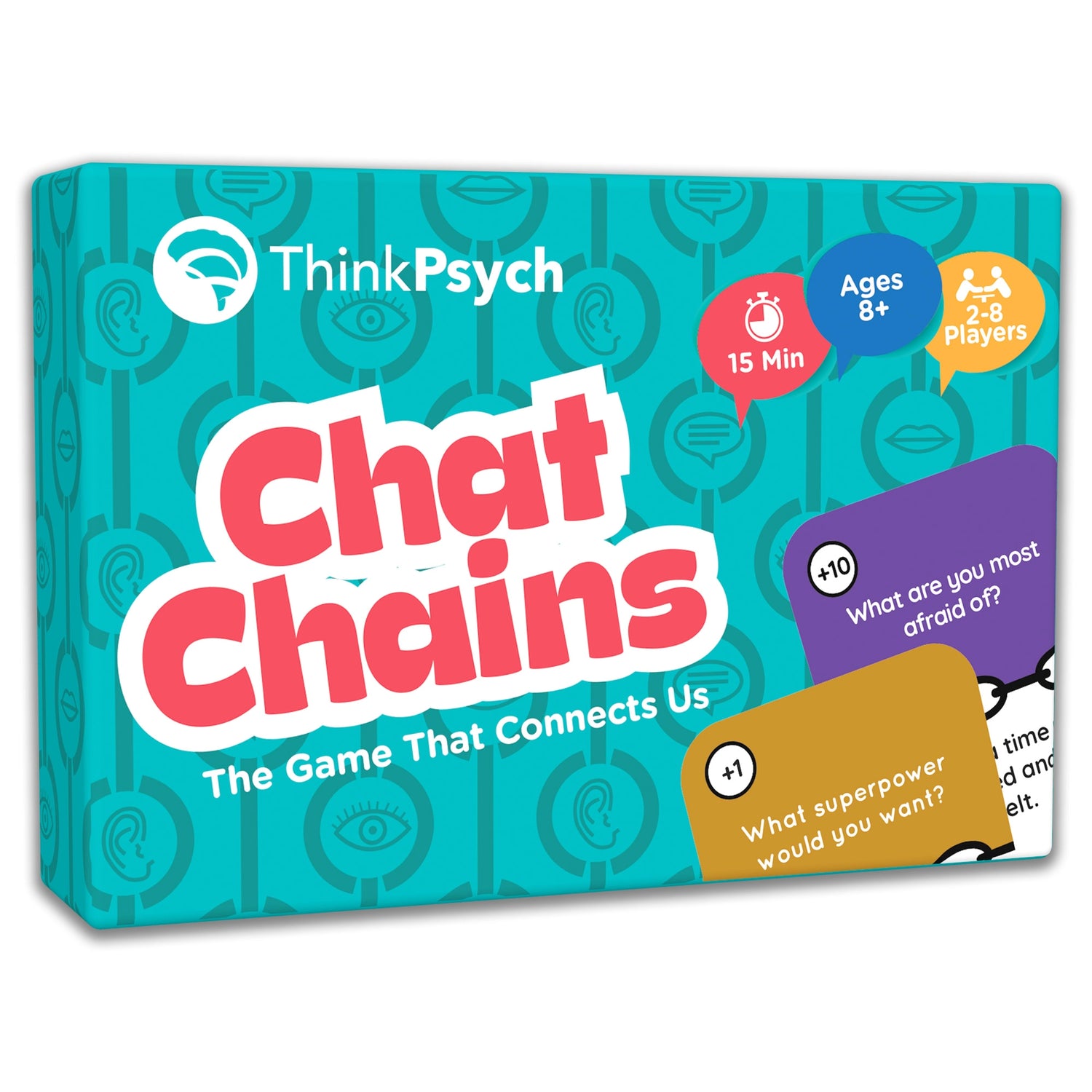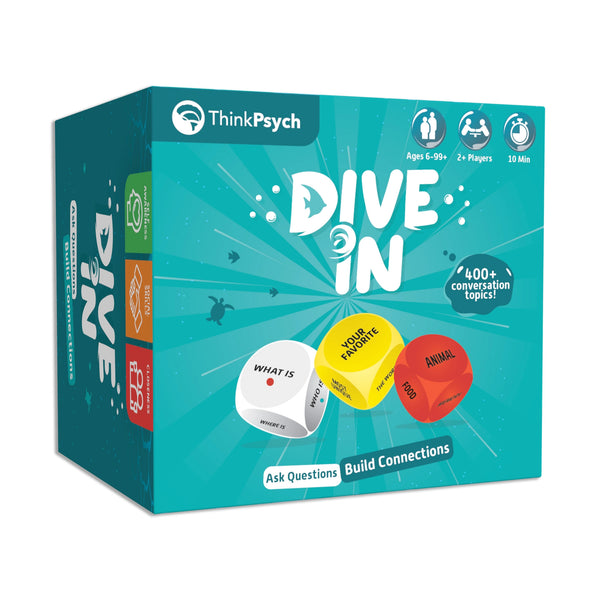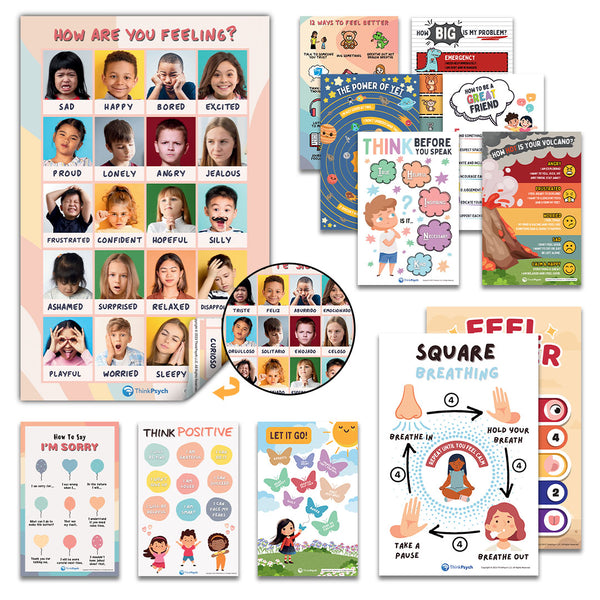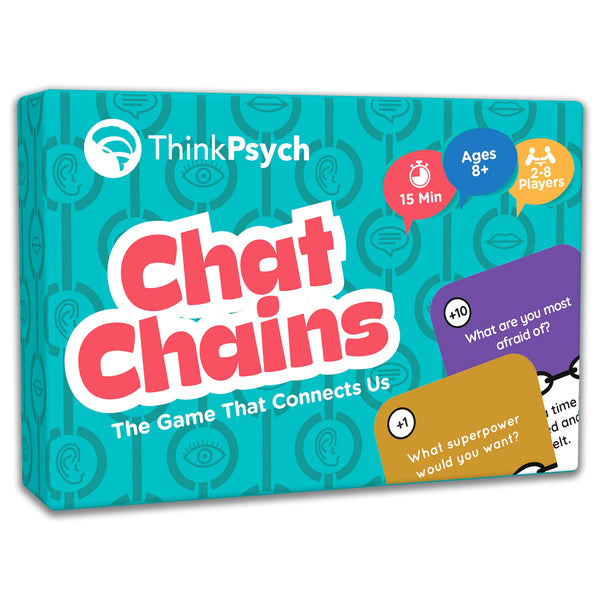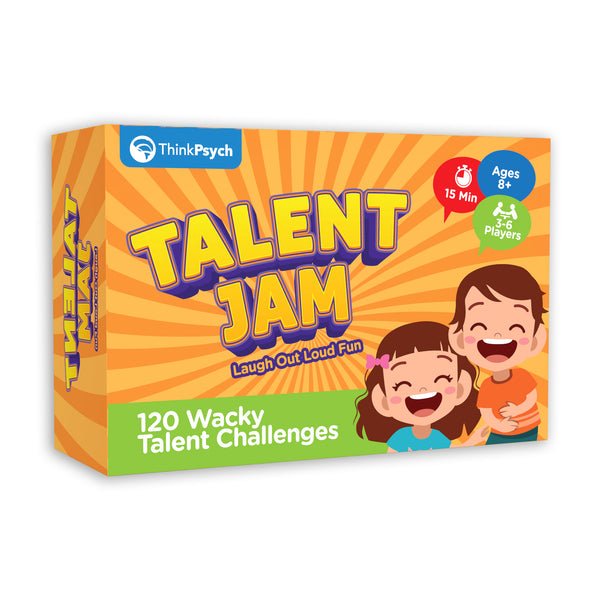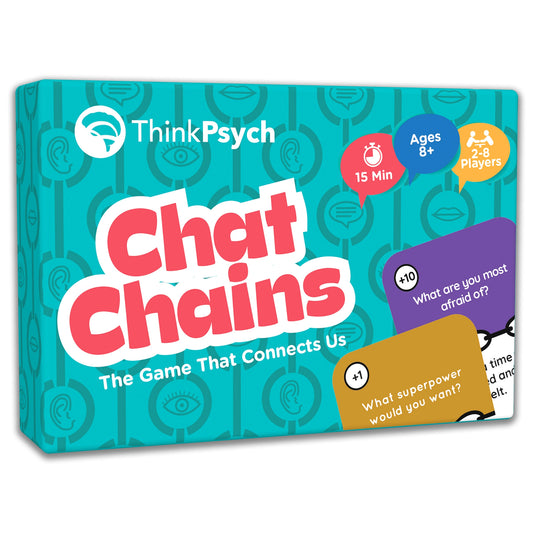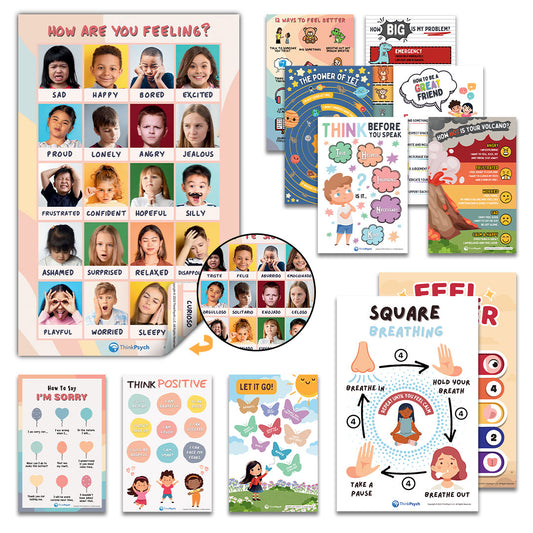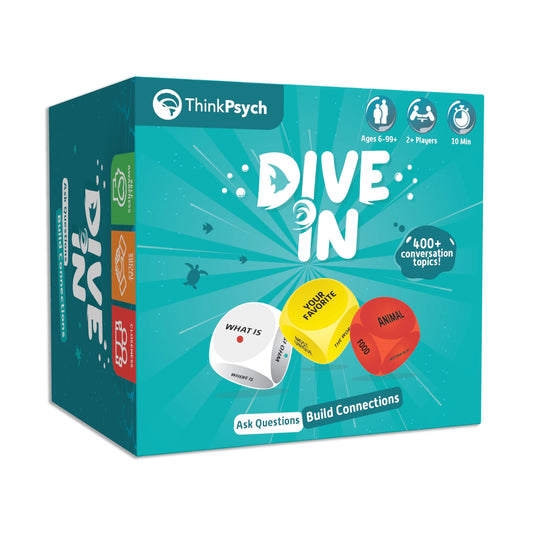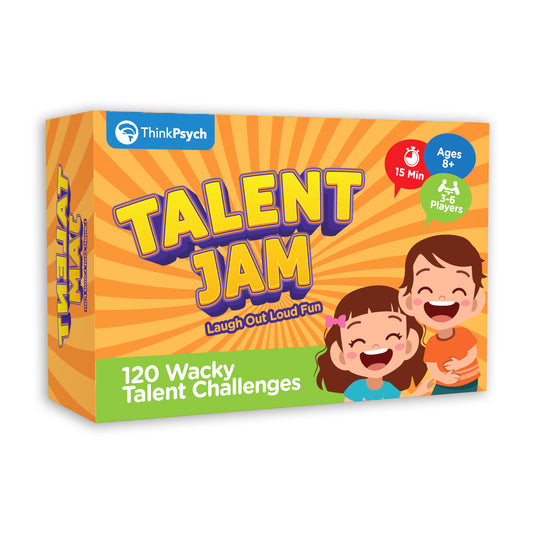
Maintaining Your Child’s Skills During the Summer
Share
Summer break has started for many students and is fast approaching for others. This time off from school is a time for rest, relaxation, and fun in the sun. However, summer break can pose unique challenges for children with autism and other special needs. Summer learning loss is not an uncommon phenomenon, though it is particularly heightened in children with special needs. Therefore, it is especially vital for children with special needs to have a particular focus on skill maintenance during the summer months. Let’s explore strategies for promoting consistency, maintenance, and skill development over the summer.
Establish and maintain a summer routine
During summer break, many families get lax on the structure of their days. This works out okay for some, but for families of children with special needs, maintaining a routine during the summer can be vital to ensuring skills learned during the school year are maintained. Consistency and routine provide a sense of stability, which is especially important for children who thrive in structured environments.
Establishing a daily schedule that includes designated times for different activities, such as therapies and appointments, academic activities, playtime, and self-care routines, can help your child avoid regression in skills and the development or resurfacing of challenging behaviors. Try incorporating supports such as visual schedules and social stories into your child’s day to help reinforce the daily expectations and encourage independence in the daily routines.
Turn everyday activities into learning opportunities
You can encourage summer learning and avoid learning loss by incorporating learning opportunities into everyday activities. Take a look at your family’s daily routine during the summer. Where are there opportunities for ongoing learning? Particularly consider activities that are aligned with your child’s current or recently mastered learning goals. Even mundane tasks such as household chores can be transformed into vital learning opportunities that help your child develop functional life skills.
Consider the following everyday activities that you could turn into learning opportunities.
Cooking, baking, or meal preparation
Encourage your child to participate in meal planning and preparation. You can easily turn cooking into reading and math lessons as you read through a recipe together, measure out ingredients, and practice fractions. You can also incorporate kitchen safety, teaching your child crucial skills related to staying safe while cooking.
Nature walks or hikes
An enjoyable walk through the neighborhood can be turned into a learning opportunity by talking with your child about things you see in your environment–label the trees and plants, animals, fire hydrants, and anything else you see along the way. Make it an I Spy game or a scavenger hunt for added fun.
Household chores
Promote independence and a sense of achievement by including your child in the household chores. Identify a few tasks that are within your child’s skillset to be their daily/weekly chores. Cleaning up their toys, sorting laundry, setting the table, and helping with dishes are all chores you can consider. Including your child in household chores can help them improve their functional living skills and teach them about responsibility and time management.
Customer Favorites From Our Store
Arts and crafts
Art activities can be fun and educational for the whole family, regardless of your child’s skill level. Encourage creativity through drawing, painting, cutting, play-doh, and other crafts. Arts and crafts can help your child develop and maintain fine motor skills and hand-eye coordination.
Screen time
While many families aim to reduce screen time, it can sometimes be challenging, especially when caregivers are working or doing other things around the home. When your child does spend time on devices, identify apps, websites, and videos that are age-appropriate and educational. Ask their teachers if they have recommendations that are individualized to their current goals and learning needs.
Attend summer school or educational camps
Consider signing your child up for summer school or educational camps to continue learning throughout the summer. Look into special needs day camps in your area that may be able to provide a supportive and inclusive environment for children to continue their educational and social development over the summer. You can find some options for summer camps in your state here.
Reinforce IEP and therapy goals
Review your child’s Individualized Education Program (IEP) and/or therapy goals and their current progress. If possible, discuss these goals with their teachers and therapists before the school year ends to get a sense of where they’re currently at with each goal, which goals are the highest priority, and what you could do to support the continuation of skill development over the summer. Consider what you and your family can do to reinforce these goals during the summer so your child doesn’t fall behind. Don’t feel the need to recreate an entire educational setting within your home. Be realistic about what goals you can carry over into your day-to-day lives.
Identify a new skill to target
Summer can be an exciting time to focus on one or two big skills that you may have been putting off for a while. Consider your child’s repertoire of skills and evaluate a few areas that they could begin to focus on developing during the summer break. Consider safety skills first. For example, water safety and swimming is a common area of focus during the summer. You may want to sign your child up for swim lessons to work on this. Additionally, as you’re likely spending more time out in the community, target skills such as stranger safety, what to do if you get lost, and staying close to a safe adult. Self-help and daily living skills can be great to hone in on during the summer as well when children are often spending more time at home.
Find the right balance
Summer break can be a time of both enjoyment and continual learning. Proactively planning can help your child achieve new skills and avoid the loss of skills from the school year. It’s important to find the right balance that works for you and your family. Find more tips for summer activities here.
References
Johnson, A. & Barker, E. (2021). Understanding differential growth during school years and summers for students in special education. (The Center for School and Student Progress at NWEA Research Brief).
